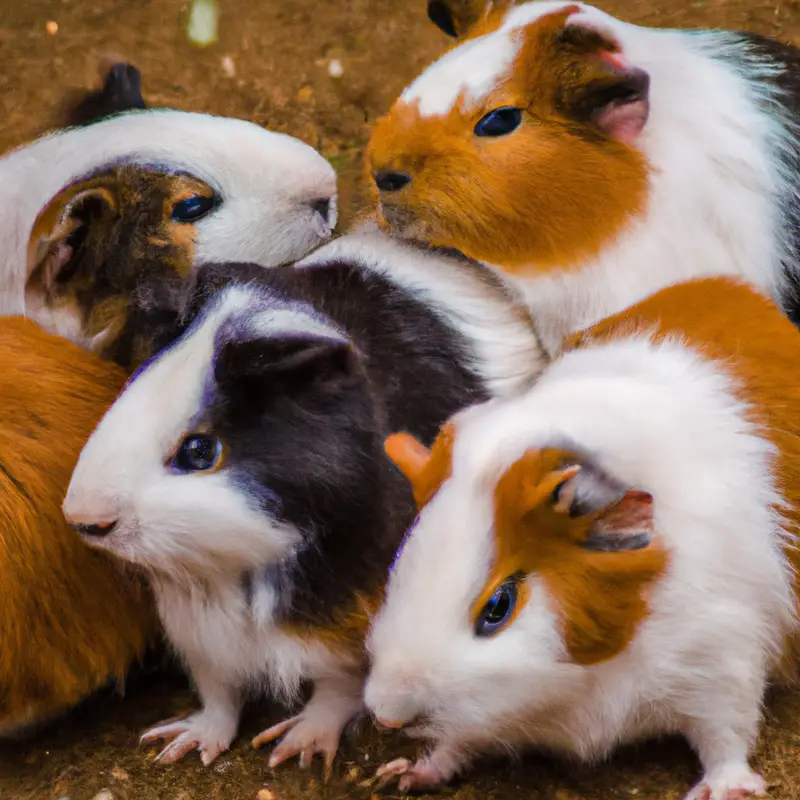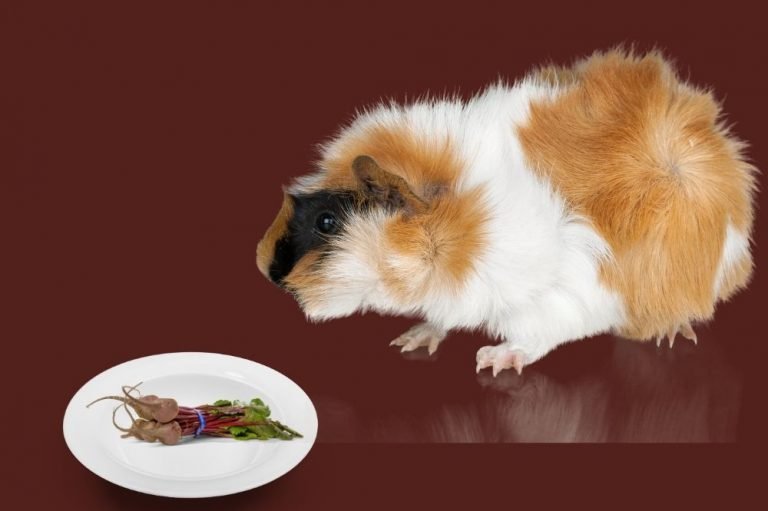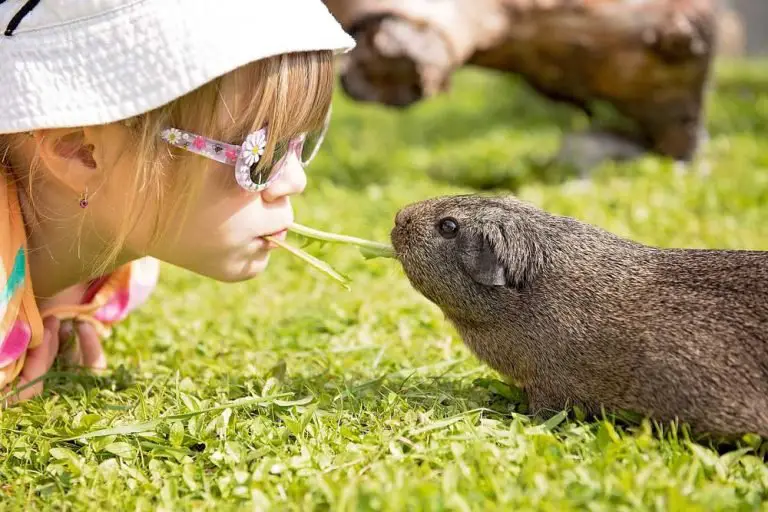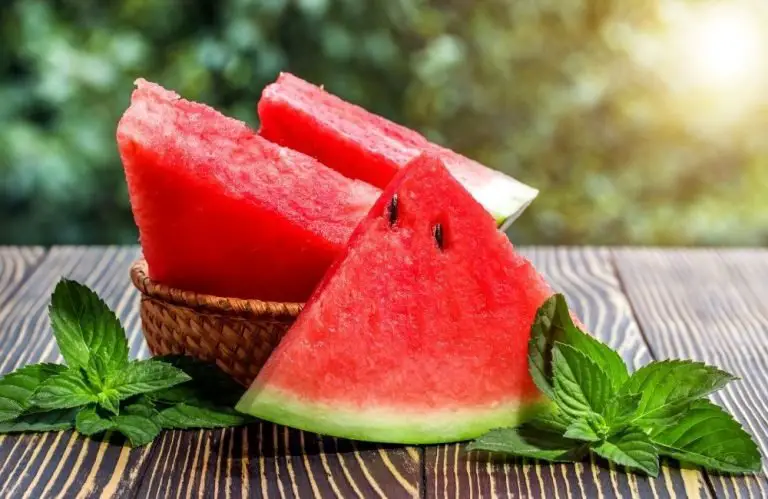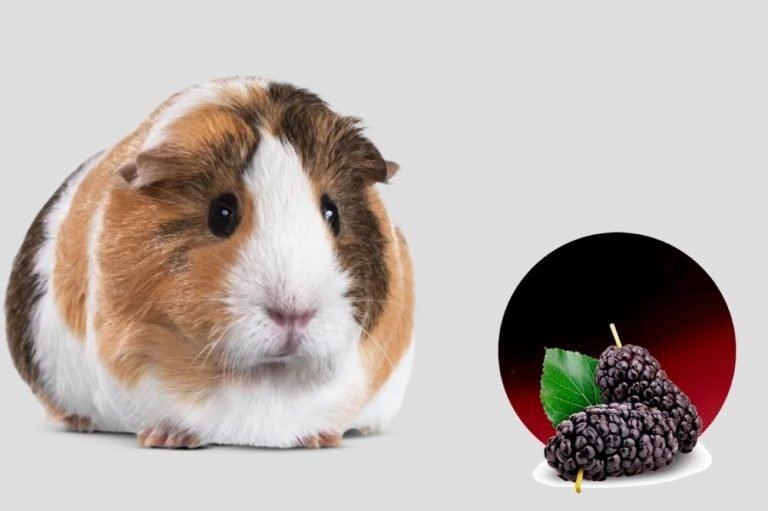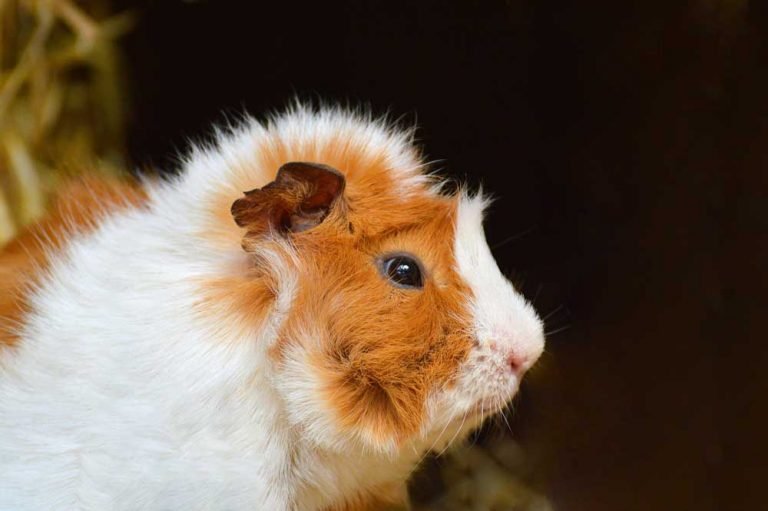Can Guinea Pigs Eat Wet Grass? Find out now!
Key Takeaways:
- Guinea pigs can eat wet grass, but ensure it is fresh and free from contaminants.
- Wet grass should be given in moderation as an occasional treat, not as a staple in their diet.
- Avoid feeding your guinea pig wet grass that has been treated with pesticides or fertilizer.
- Monitor your guinea pig’s health and digestion if introducing wet grass to their diet for the first time.
Curious about whether your furry little guinea pig can munch on that patch of wet grass? Well, wonder no more! In this article, we’re going to explore the topic of feeding wet grass to guinea pigs.
As an expert in small pet care, I’ll shed light on the diet of these adorable creatures and delve into the potential risks and benefits of incorporating wet grass into their meals.
We’ll also discuss guidelines for feeding wet grass to your guinea pig, as well as explore alternative options to keep their diet balanced and nutritious. Get ready to dig into this intriguing topic and become the ultimate guinea pig guru!
Can Guinea Pigs Eat Wet Grass?
Yes, guinea pigs can eat wet grass, but there are some risks and guidelines to consider.
Understanding the Diet of Guinea Pigs
Understanding the diet of guinea pigs is essential for their overall health and well-being.
These small pets are herbivores and should primarily consume fresh hay, such as timothy or orchard grass, as the main component of their diet.
Additionally, they require a daily serving of fresh vegetables like leafy greens and small amounts of fruits.
High-quality guinea pig pellets can be provided as a supplement.
Avoid giving them foods high in sugar, such as chocolate or candy, as it can cause health problems.
Fresh water should always be available for them to drink.
What Do Guinea Pigs Normally Eat?
Guinea pigs normally eat a diet that primarily consists of fresh hay, such as timothy hay, which provides essential fiber for their digestion.
They also need a daily serving of fresh vegetables, such as dark leafy greens, bell peppers, and carrots, to ensure they receive important vitamins and minerals.
Additionally, they require a small amount of high-quality guinea pig pellets to meet their nutritional needs.
Fresh, clean water should always be available to them.
Treats like small pieces of fruits or herbs can be given occasionally, but should not make up a large portion of their diet.
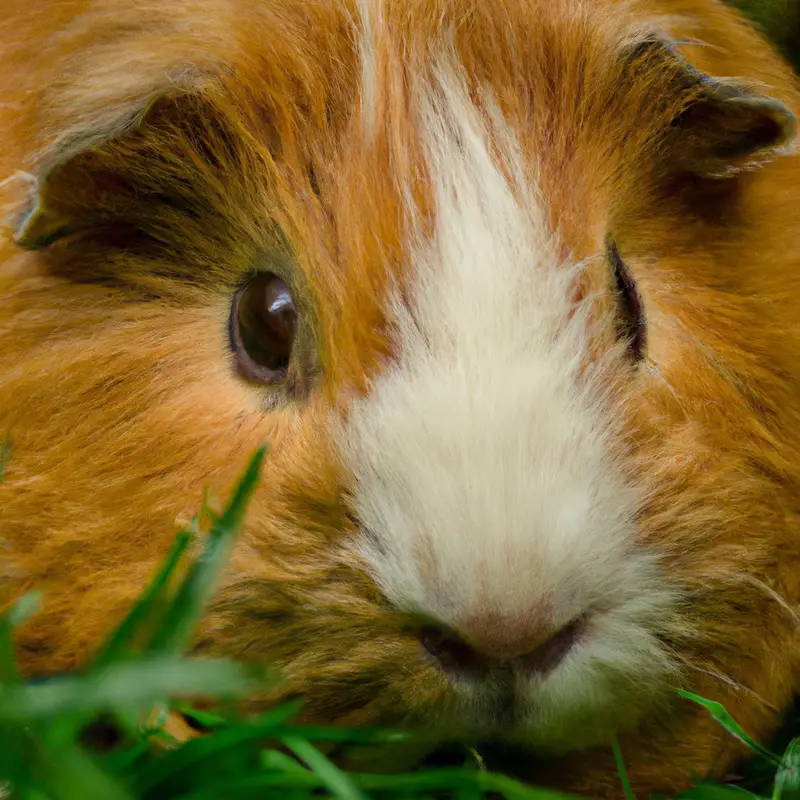
The Health Benefits of Grass for Guinea Pigs
Grass is a vital part of a guinea pig’s diet, providing several health benefits.
Firstly, it helps to maintain healthy digestion by providing necessary fiber.
Secondly, it aids in keeping their teeth at a proper length, as the chewing action wears them down naturally.
Thirdly, grass is a great source of essential vitamins and minerals that support overall well-being.
Just make sure the grass is fresh and pesticide-free before offering it to your furry friend.
Risks of Feeding Wet Grass to Guinea Pigs
Feeding wet grass to guinea pigs can pose several risks. Firstly, wet grass may contain bacteria or parasites that can make your guinea pig sick.
Secondly, the excess moisture in wet grass can lead to digestive issues, such as diarrhea.
Additionally, wet grass can be slippery and may cause accidents or injuries to your guinea pig. To ensure the health and safety of your pet, it’s best to avoid feeding them wet grass and stick to dry, fresh grass instead.
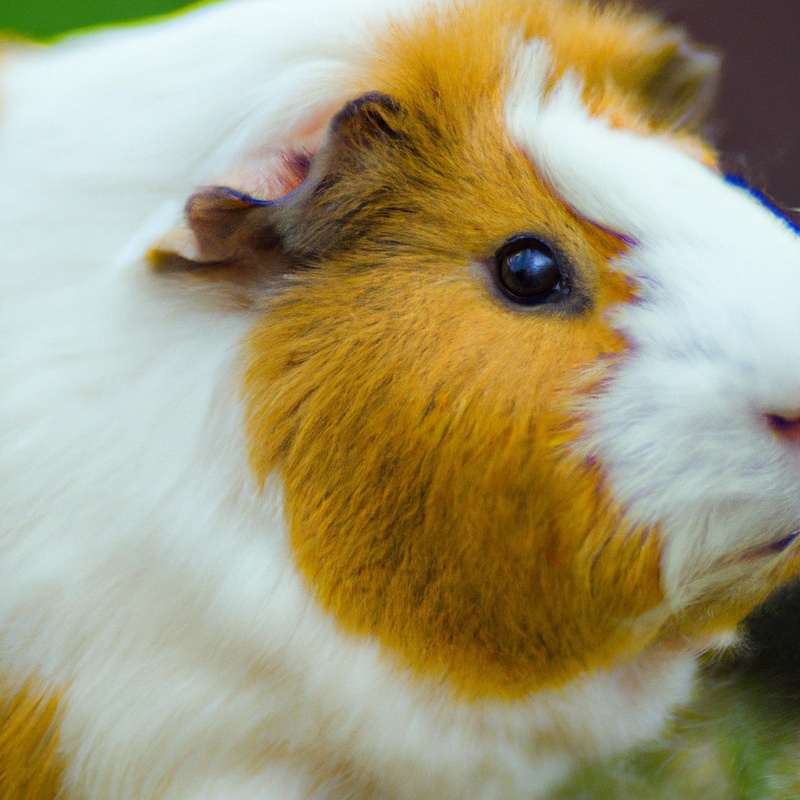
Potential Digestive Issues
Potential Digestive Issues:
- Wet grass can lead to digestive problems for guinea pigs.
- It may cause bloating, diarrhea, and upset stomachs.
- The high water content can disrupt their delicate digestive systems.
- It’s best to avoid giving them wet grass to prevent any digestive issues.
- Stick to feeding them dry hay, fresh vegetables, and specially formulated guinea pig pellets.
- If you notice any signs of digestive discomfort, consult a veterinarian immediately.
Pesticide and Contaminant Concerns
Pesticide and Contaminant Concerns: When it comes to feeding guinea pigs, it’s important to be mindful of any potential pesticide or contaminant concerns.
Ideally, it’s best to feed them grass that has not been treated with any chemicals or pesticides.
If the grass is wet, there’s a chance it may have been exposed to various contaminants such as dirt, bacteria, or fungi.
Therefore, it’s advisable to wash the grass thoroughly and ensure it’s free from any harmful substances before feeding it to your guinea pigs.
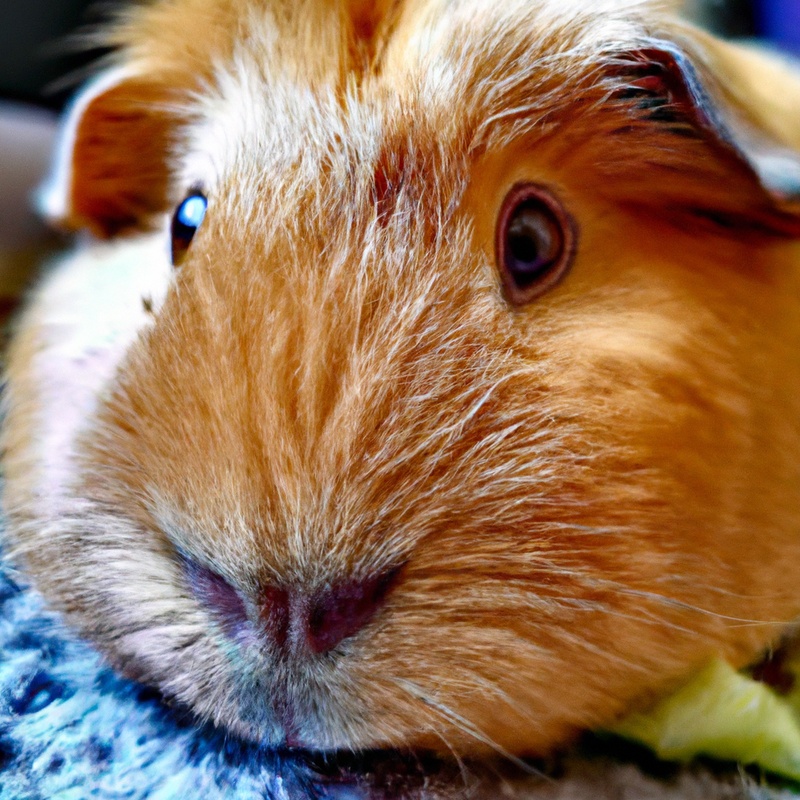
Guidelines for Feeding Wet Grass to Guinea Pigs
Feeding wet grass to guinea pigs can be risky because it may cause digestive problems. However, if you do decide to feed them wet grass, make sure it is fresh and free from any pesticides or chemicals.
Remove any excess water to prevent it from getting soggy.
Introduce wet grass gradually into their diet to avoid any sudden upset stomachs. Monitor your guinea pig closely for any signs of discomfort or illness.
It’s always best to consult with a veterinarian before making any changes to your guinea pig’s diet.
Allowance of Fresh, Non-treated Grass
Fresh, non-treated grass can be safely given to guinea pigs as part of their diet. It’s important to make sure the grass is free from pesticides or chemicals.
Introduce it gradually to their diet to avoid digestive upset.
Additionally, ensure that the grass is free from contamination, such as feces or mold. Providing a variety of fresh, non-treated grass can be a great source of enrichment and nutrients for your guinea pig.
Remember to always monitor their intake and consult a veterinarian if you have any concerns.
Safe Harvesting and Preparation
Safe Harvesting and Preparation
Introducing Wet Grass to Guinea Pigs’ Diet
Introducing wet grass to your guinea pig’s diet can be a nutritious addition. However, there are a few things to consider.
Make sure the grass is fresh and free from pesticides or chemicals.
Gradually introduce it into their diet to avoid gastrointestinal issues. Start with small amounts and monitor their reaction.
Wet grass can cause digestive upset, so it’s important to observe any changes in their behavior or stool.
Always prioritize their safety and consult with a veterinarian for personalized advice.
Alternatives to Wet Grass for Guinea Pigs’ Diet
If you don’t have access to wet grass for your guinea pig’s diet, don’t worry! There are plenty of alternatives you can offer. Here are some options:
- Fresh Hay: High-quality timothy hay is an excellent staple for guinea pigs and helps maintain their dental health.
- Leafy Greens: Offer a variety of safe leafy greens such as lettuce, spinach, kale, and cilantro.
- Vegetables: Provide small amounts of vegetables like bell peppers, carrots, cucumbers, and zucchini.
- Pellets: Balanced guinea pig pellets can be given in moderation to supplement their diet.
Remember to introduce new foods gradually and observe how your guinea pig responds. It’s also important to provide fresh drinking water at all times.
Hay as a Staple Food
Hay is an essential part of a guinea pig’s diet. It provides them with necessary fiber, which aids in digestion and keeps their teeth healthy.
Guinea pigs should have access to fresh, high-quality hay at all times.
It helps maintain their digestive system and prevents dental issues. Hay varieties like timothy hay, orchard grass, and meadow hay are the best choices for guinea pigs.
Ensure the hay is clean, dry, and free from dust or mold.
Fresh Leafy Greens for a Balanced Diet
Fresh leafy greens are an essential part of a balanced diet for guinea pigs.
They provide important nutrients like vitamin C, fiber, and antioxidants.
Some great options include spinach, kale, romaine lettuce, and parsley.
Wash the greens thoroughly before serving and introduce them gradually to avoid digestive issues.
Aim to provide a variety of leafy greens to ensure a well-rounded diet for your guinea pig.
Remember to consult with a veterinarian for specific dietary recommendations.
Frequently Asked Questions
Can grass be harmful to guinea pigs?
Grass can potentially be harmful to guinea pigs.
It’s important to remember that guinea pigs are herbivores and their digestive systems are designed to process certain types of grass.
However, some grass species may contain toxic components or be contaminated with pesticides.
Additionally, wet grass can be challenging for their digestive system to break down properly, leading to discomfort or digestive issues.
It’s best to provide clean, dry grass that is safe for your guinea pig to eat.
How often can guinea pigs eat wet grass?
Guinea pigs should only have wet grass occasionally, as a treat. The high water content in wet grass can cause digestive issues for them.
Stick to dry grass as their main source of food and provide fresh water daily.
Remember to introduce new foods gradually and monitor their reaction. Their delicate digestive system requires a consistent and balanced diet.
Consult with a veterinarian for specific dietary recommendations tailored to your guinea pig’s needs.
Can guinea pigs eat grass clippings or lawn trimmings?
Yes, guinea pigs can eat grass clippings or lawn trimmings.
However, it’s important to make sure that the grass hasn’t been treated with any chemicals or pesticides, as these can be harmful to your pet.
Also, be cautious with wet grass clippings, as they can easily spoil and cause digestive issues for your guinea pig.
It’s best to provide fresh, dry grass if possible.
Final Verdict
Guinea pigs can eat wet grass, but it should be done with caution.
Fresh, non-treated grass can provide health benefits for their digestion and overall well-being.
However, there are potential risks such as digestive issues and pesticide contamination.
Following guidelines for safe harvesting, preparation, and introducing wet grass to their diet can minimize these risks.
Alternatively, hay and fresh leafy greens can be excellent alternatives for a balanced and nutritious diet.
Remember to prioritize your guinea pigs’ health and consult a veterinarian if you have any concerns.

